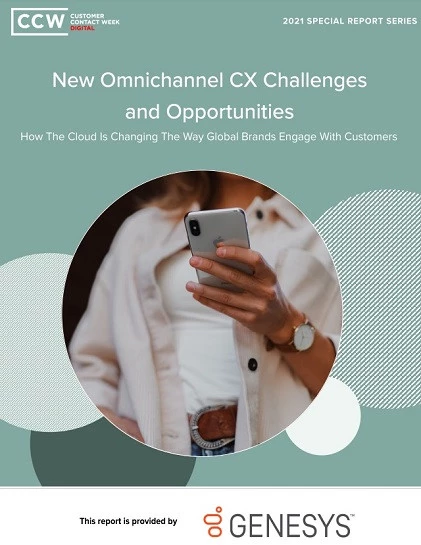Social Media Marketing is "Annoying" and "Destructive"
Add bookmarkIngrained in the lives of teens—and increasingly children who are even younger—social media has changed the way "people are relating to their friends and supporting their friends and sometimes having conflicts with their friends," confirms Montana Miller, assistant professor of popular culture at Bowling Green State University.
From that explosion of cultural relevance comes two key questions for social media observers and strategists—how is social media affecting the children it attracts, and how can the fact that it attracts such committal youth participation be leveraged by companies who want to build their brands?
A recent American Psychological Association presentation spurred some dialogue on the first question, linking psychological issues like narcissism, aggression and mania to increased use of Facebook.
In an exclusive podcast interview with CustomerManagementIQ.com, Montana Miller accepts that researchers discovered such issues in youth but also questions whether a clear connection between social media and negative mental consequences truly exists.
"It would seem intuitive to those of us that are observing these cultural trends, that [increases in youth mental issues] might be true," explains Miller. "When we watch Internet behavior and a lot of the problems with bullying and lack of attention span we’re seeing in young people, it’s easy to blame that on social networking."
But Miller is not so convinced a cause-and-effect relationship between increased use of social media and increased mental illness definitively exists, notably since there are so many media and societal factors that can significantly impact youth culture in their own right.
[inlinead]
Clarifies Miller, "To blame something like this on ‘networks like Facebook’ is a very limited view."
Miller is also a firm believer in the positive portion of the APA’s study—that social media opens the door for increased empathy and peer support.
"When people are going through times of grief and tragedy…you see friends from all over the world, all different generations…come together on their facebook page to support them," says Miller.
What about the question of marketing on social networks? With so many children—and their parents—readily accessible on Facebook and Twitter, many brands see social media as an enormous opportunity to attract customers, open dialogue and become embedded in popular culture.
Thus far, however, many corporate strategies have been about "social media marketing," and Miller is not convinced brands will benefit from such initiatives.
"What we’re looking at is more of a marketing blitz, which is often more annoying and destructive than helpful and certainly not something that ‘creates culture’—unless that’s just the culture of annoying advertising," declares Miller. "I really think that companies need to lay off a bit of the marketing blitz, especially towards children."
That is not to say Miller believes companies cannot generate significant value from their involvement in social media.
In this exclusive CustomerManagementIQ.com podcast, Miller reveals the social strategy that will drive true business benefits without being "cynical" and "manipulative." She also details the great irony of Facebook’s role as a social CRM tool and other means by which children—and people at-large—are benefitting from the rise of social media.












